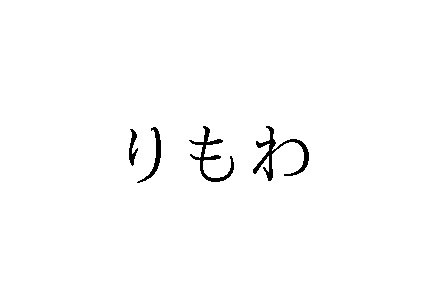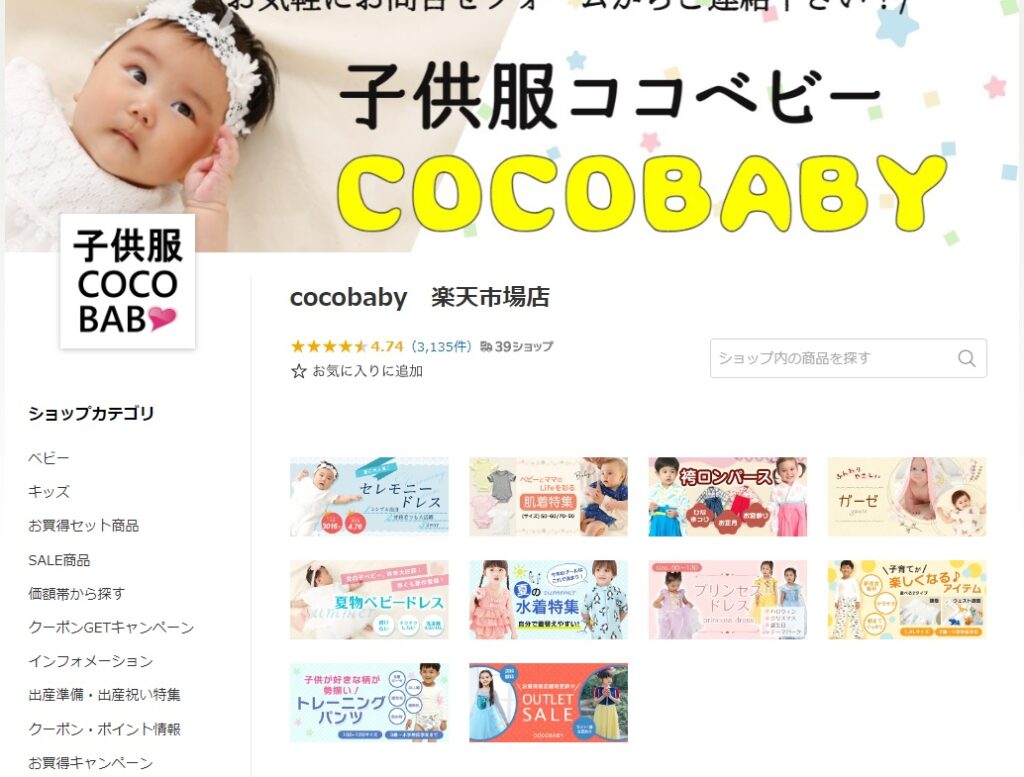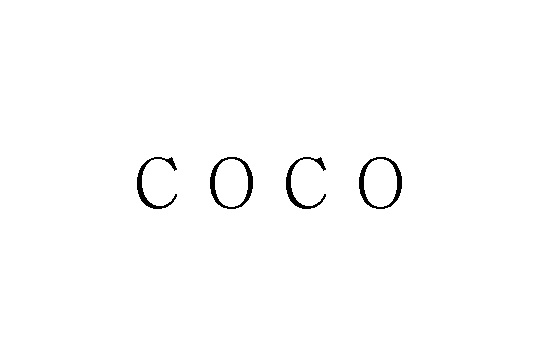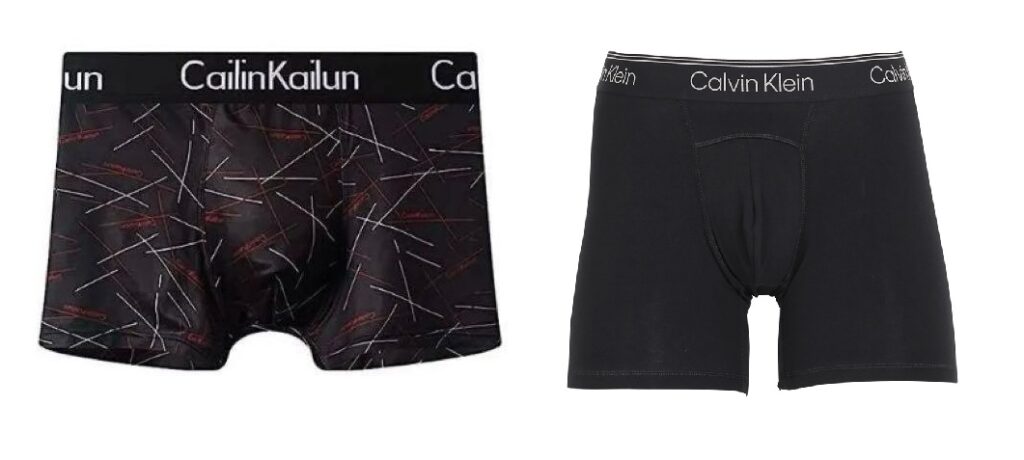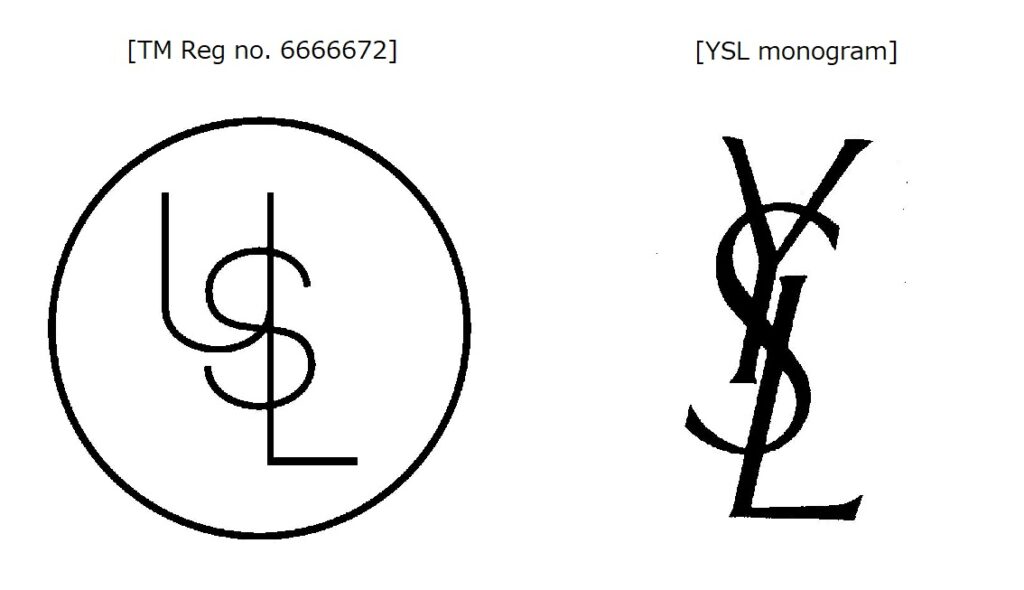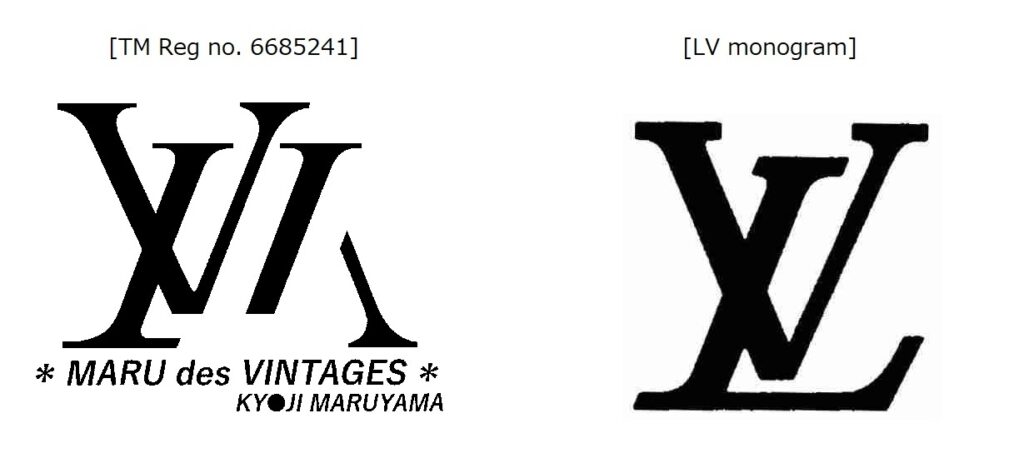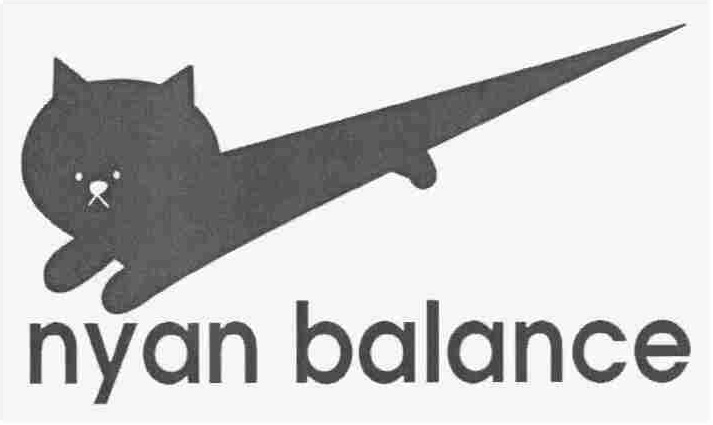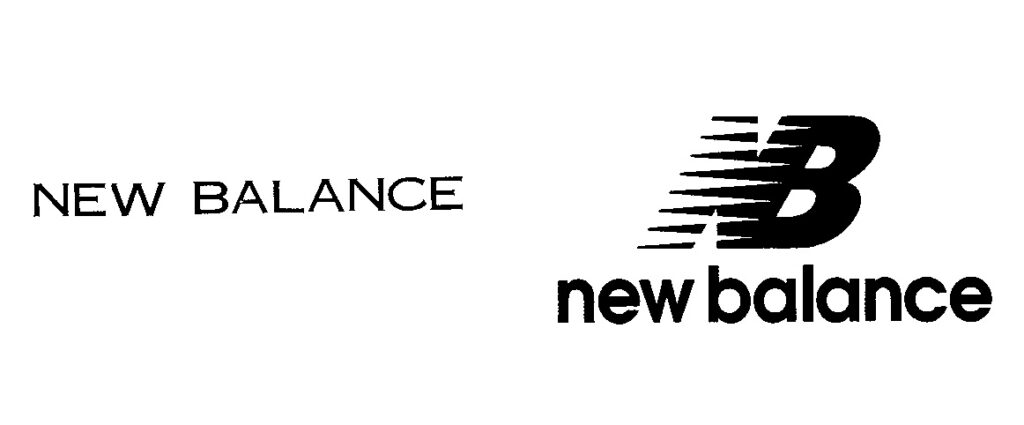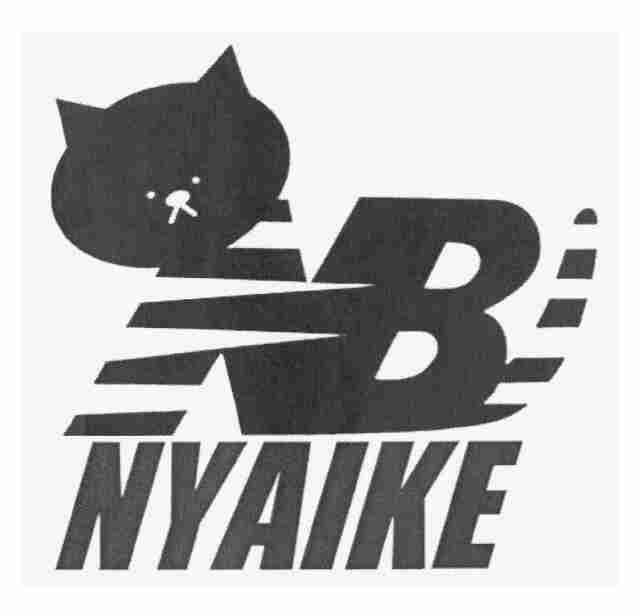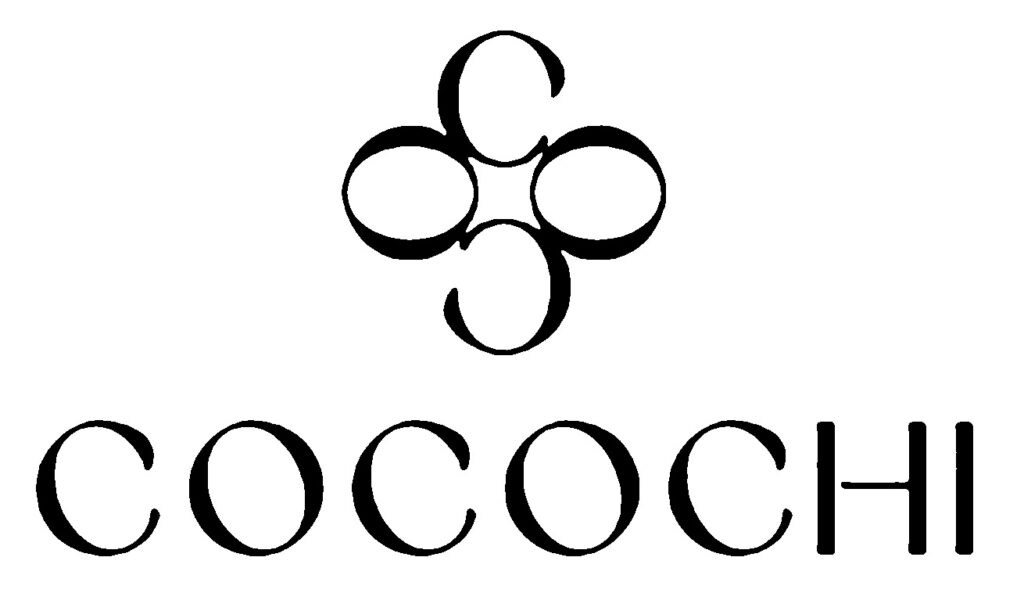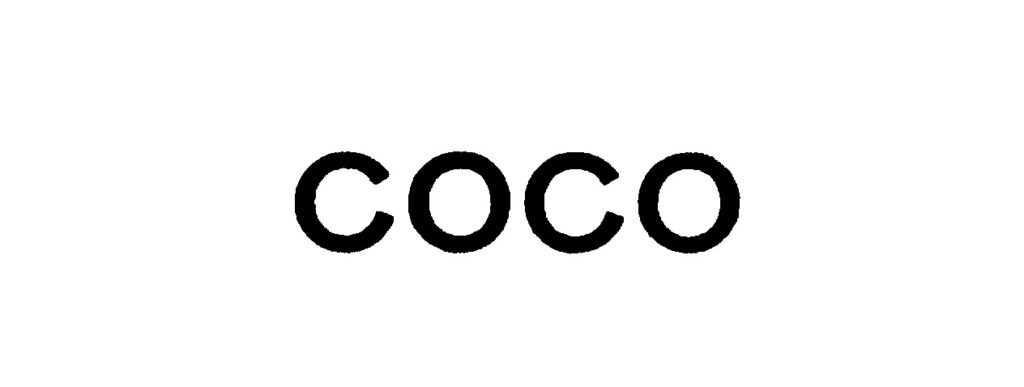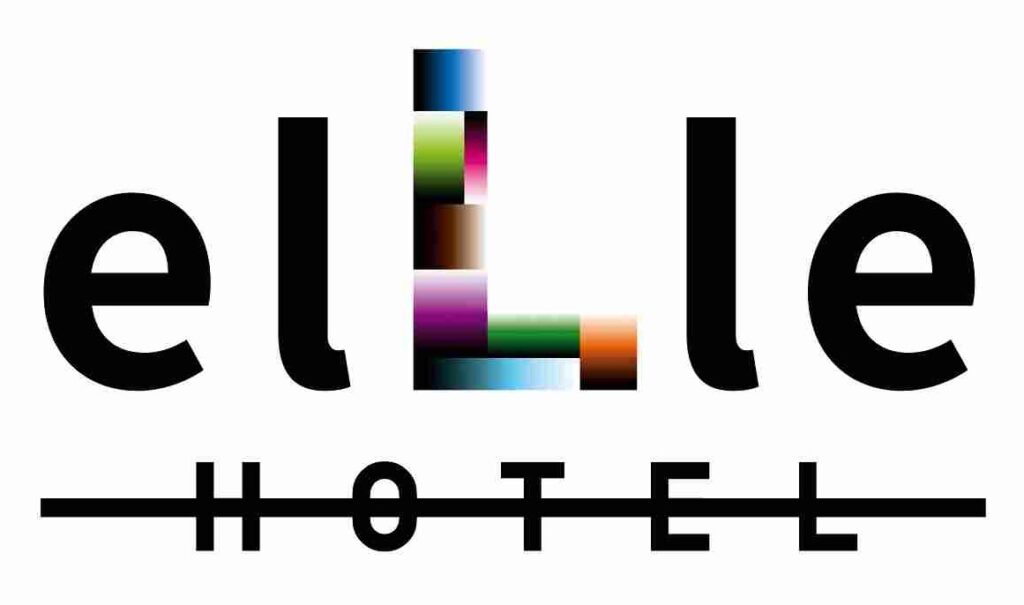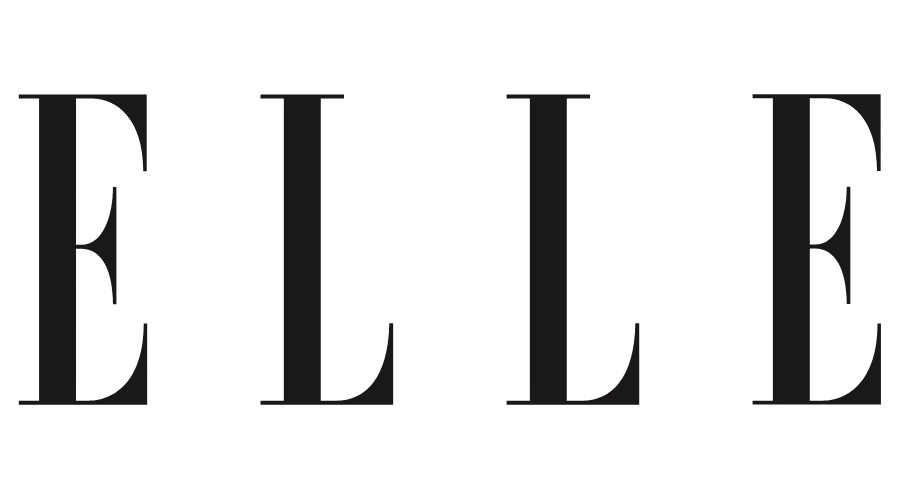The Japan Patent Office (JPO) cancelled trademark registration no 6687666 due to a likelihood of confusion with ‘Moët’, which is known as an abbreviation for the world-famous ‘Moët & Chandon’ champagne.
[Opposition case no. 2023-900130, decided on February 29, 2024]
CLUB MOET
Opposed mark, consisting of words “CLUB” and “MOET” combined with a rose design (see below), was filed on June 27, 2021 for use on restaurant services in class 43 by a Japanese individual.

The JPO examiner rejected the mark due to a likelihood of confusion with famous mark “Moët” in connection with alcoholic beverages based on Article 4(1)(xv) of the Trademark Law on January 14, 2022. To contest the decision, the applicant filed an appeal with the JPO and claimed to cancel the examiner’s rejection.
On March 16, 2023, the JPO Appeal Board disaffirmed the examiner’s rejection and found that the mark would not contain the term “MOET” visually because of a rose design in between “M” and “ET”. If so, relevant consumers are unlikely to associate the mark with “Moët & Chandon” even if the term “MOET” has acquired a certain degree of recognition as an abbreviation of world-famous “Moët & Chandon” champaign. [Appeal case no. 2022-5881]
Accordingly, the Board granted protection of the mark and published for a post-grant opposition on April 17, 2023.
MHCS – OPPOSITION
On May 31, 2023, MHCS, the producer of the famous Moët & Chandon champagne, sought cancellation of the opposed mark in contravention of the same article, and claimed the opposed mark is likely to cause confusion with “Moët & Chandon” when used on restaurant service in class 43.
MHCS argued that the combination of literal elements and the rose design can be considered to represent the term ‘MOET’, as the rose design resembles a stylised letter ‘O’. As ‘CLUB’ lacks distinctive character in relation to restaurant service, the term ‘MOET’ should be considered a significant portion as a source indicator.
If so, relevant consumers are likely to associate or misconnect the restaurant using the opposed mark with “Moët & Chandon” due to the high degree of reputation and popularity of the mark “MOET” as an abbreviation of the world-famous champaign, as well as the close resemblance between the opposed mark and “MOET”.
JPO decision
The JPO Opposition Board ruled in favor of MHCS, stating that both ‘Moët & Chandon’ and its abbreviation ‘Moët’ have gained significant recognition as a leading champagne brand distributed by MHCS.
The Board determined that the rose design’s outline is almost circular and can be substituted with the letter ‘O’. Therefore, the combination of the literal elements and the rose design will be identified as the term ‘MOET’ in its entirety.
The difference between ‘MOET’ and ‘Moët’ is insignificant. The term ‘CLUB’ lacks distinctiveness in relation to the service in question. Therefore, the Board has reason to find a high degree of similarity between the opposed mark and ‘Moët’.
Besides, there is a certain degree of association between champagne and restaurant services.
Based on the foregoing, the Opposition Board decided that found relevant consumers are likely to confuse a source of restaurant using the opposed mark with MHCS or any business entity that is economically or systematically connected with the opponent. As a result, the opposed mark was cancelled in contravention of Article 4(1)(xv).

